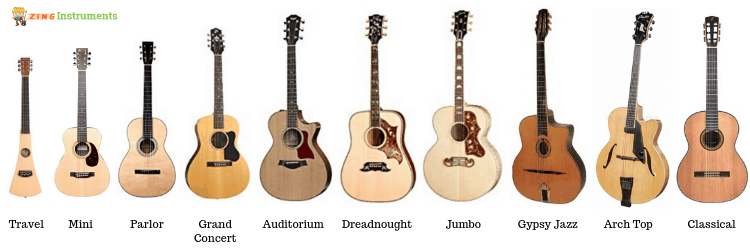I recognise a great sounding set up when I hear it.
When I try to understand why I like it so much the term “musical” invariably comes to mind along with the other usual terms used to describe good quality audio reproduction. I have seen/heard this used widely in audio reviews and have used it myself on occasion without being to explain what this is.
I am guessing since it’s not well defined it is not measurable or quantifiable.
Hoping to get some interesting/good insights from FM. Here are a couple of articles with different perspectives to get us going…

 www.frontiersin.org
www.frontiersin.org

 darko.audio
darko.audio
When I try to understand why I like it so much the term “musical” invariably comes to mind along with the other usual terms used to describe good quality audio reproduction. I have seen/heard this used widely in audio reviews and have used it myself on occasion without being to explain what this is.
I am guessing since it’s not well defined it is not measurable or quantifiable.
Hoping to get some interesting/good insights from FM. Here are a couple of articles with different perspectives to get us going…

Music and Noise: Same or Different? What Our Body Tells Us
In this article, we consider music and noise in terms of vibrational and transferable energy as well as from the evolutionary significance of the hearing system of Homo sapiens. Music and sound impinge upon our body and our mind and we can react to both either positively or negatively. Much...

Musicality: talks loud, says nothing | Darko.Audio
As sound quality descriptors go, musicality is perhaps the most toothless of them all.
 darko.audio
darko.audio



